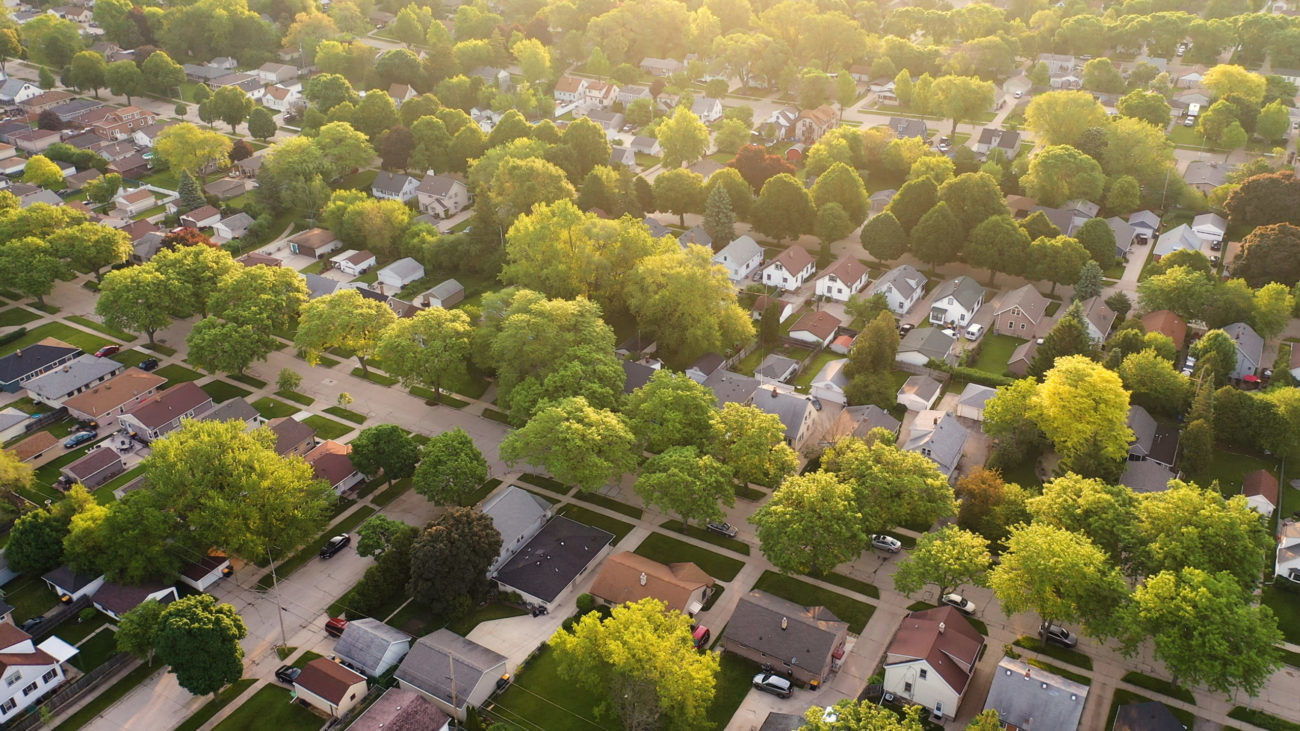Around 17% of American homes, about 20 million households nationwide, are behind on their utility bills.
The amount of money U.S. homeowners owe in late utility bills surpassed the $12 billion mark in the past year. Utility shut-offs are becoming increasingly common as residents fall further behind in bill payments.
According to ZeroHedge, California’s PG&E Corp said the number of residential customers behind on payments since February 2020 has climbed 40%, and New Jersey’s Public Service Enterprise Group said the number of customers with payments at least 90 days late has gone up 30% since March.
U.S. energy costs have risen approximately 30% since July 2021. Overall consumer price index (CPI) increased 8.5% over the past year.
The average electric bill in the U.S. is around $117/month, but it flirts with $140/month in Texas. Heating bills this winter are also expected to be exceptionally high.
Since the war in Ukraine began, the price of natural gas and coal has risen, wreaking havoc on European electricity bills. While the U.S. does have natural gas reserves keeping it afloat, Europe is running out.
Europe’s natural gas prices are seven times higher than ours, but a similar crisis appears to loom for the U.S. as inflation flaunted a recent record high.
The Energy Information Administration said the summer heat has driven up demand for natural gas. Another contributing factor has been the lack of domestic production, exacerbated by the U.S. sending exports of liquified natural gas to Europe to aid them in their gas crisis.
Even though natural gas prices are surging, gasoline prices are beginning to drop as oil becomes more affordable.
The U.S. Department of Energy recommended increasing your home’s temperature for around eight hours a day when no one is home. It can save you 10% on your electric bill.
Building Science Corporation estimated that a third of the energy you pay for probably leaks out of your house. To save more money on your electric bill, check for these leaks and seal them off.






